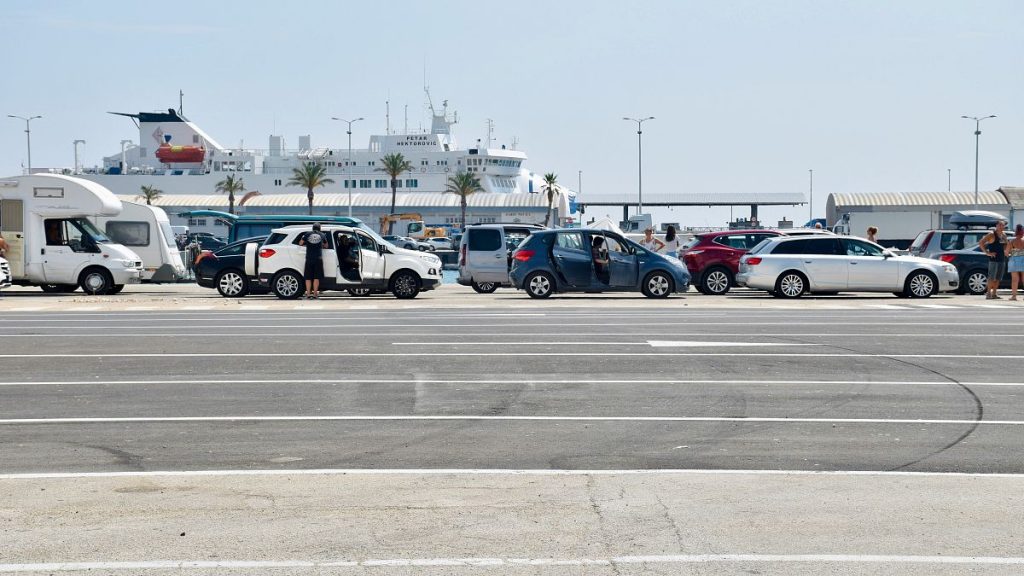France has announced an extension of internal border controls until April next year, citing heightened terrorist threats as the reason for the increased checks. The current controls, which were set to end on 31 October, will remain in place along France’s Schengen borders with Belgium, Spain, Luxembourg, Switzerland, Germany, and Italy. Travellers have been warned to expect queues and delays as a result of these enhanced security measures, which come amidst concerns over public safety due to threats of terrorist activity and criminal organizations connected to illegal migration.
The new border controls implemented by France will only affect Schengen zone countries, while there will be no change to checks for travellers entering from non-Schengen countries such as the UK, which already have passport and customs controls in place. The requirement for passport stamps for non-EU nationals and the maximum permitted stay of 90 days in Schengen zone countries will also remain unchanged. Travellers flying into France from other Schengen countries besides the six that border it will not experience any alterations in border controls.
Travellers passing between Schengen zone countries are typically able to move freely without passport checks, but temporary increased controls can be imposed if deemed necessary. France has opted to ramp up checks along its Schengen borders for land, sea, and air travel due to security concerns. This means that travellers from Belgium, Spain, Luxembourg, Switzerland, Germany, and Italy will need to present a form of ID such as a passport or national ID card at border crossings. Non-EU nationals who are residents in France may also be required to show their carte de séjour. Those crossing into France via land borders, especially by car or bus, are advised to allow for extra time due to potential queues and delays resulting from the increased security measures.
In addition to France, other countries within the Schengen area have also implemented increased border checks. Austria has increased checks with Slovenia and Hungary until a specified date, while Denmark, Norway, and Sweden have enhanced border security on all internal borders until a certain deadline. Slovenia has put checks in place at its borders with Croatia and Hungary until a specified date as well. Germany’s heightened security checks have already led to traffic jams and queues at its borders with France, causing disruptions for travellers passing between the two countries.
Overall, the extension of France’s internal border controls until April next year reflects the ongoing concerns over public safety and security in light of heightened terrorist threats and criminal activities related to illegal migration. Travellers passing through Schengen zone countries, particularly those entering and exiting France via land borders, should be prepared for potential delays and queues as a result of the increased security measures. While the temporary nature of these controls indicates a response to specific security concerns, they serve as a reminder of the complex challenges faced by countries in balancing security needs with the principles of freedom of movement within the Schengen area.


